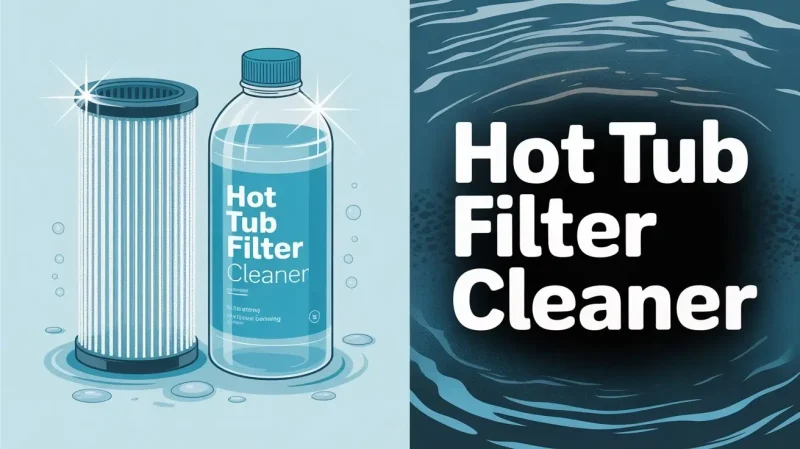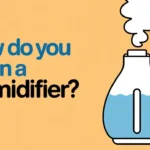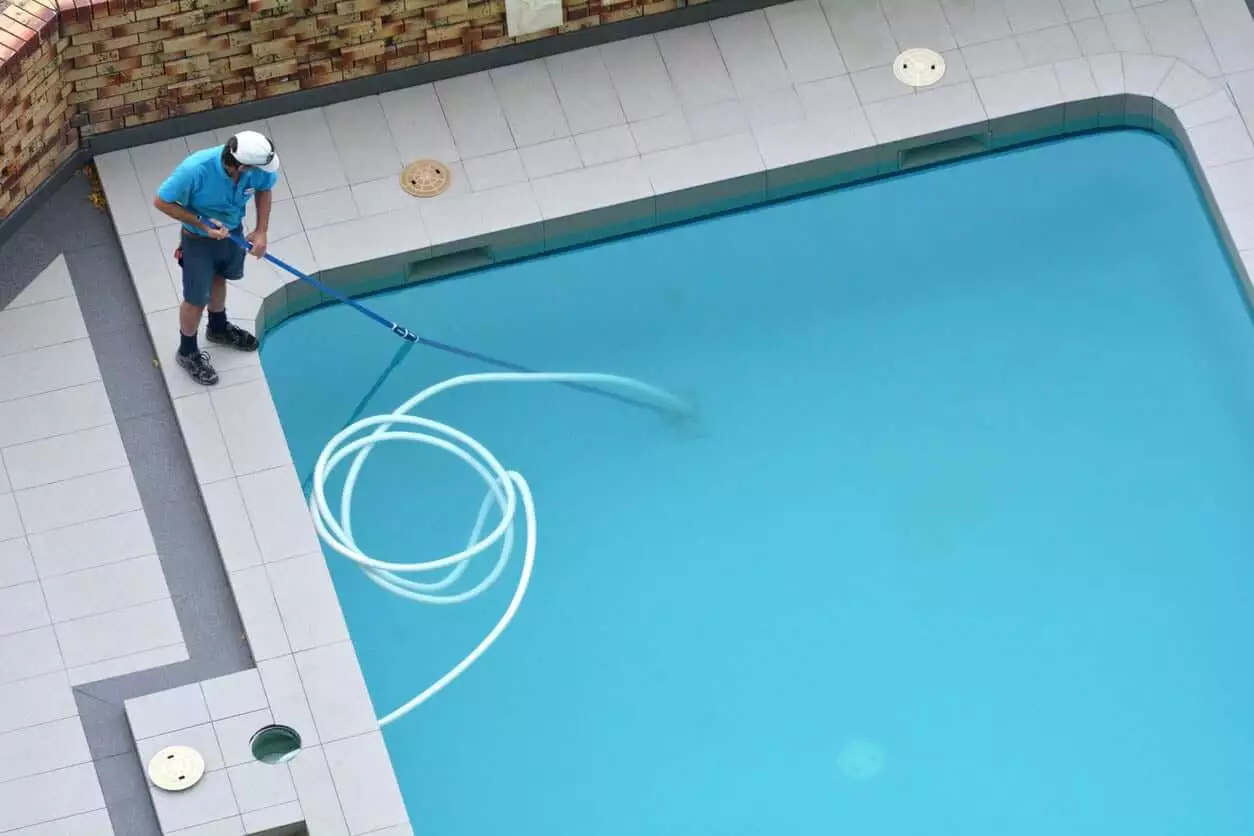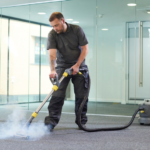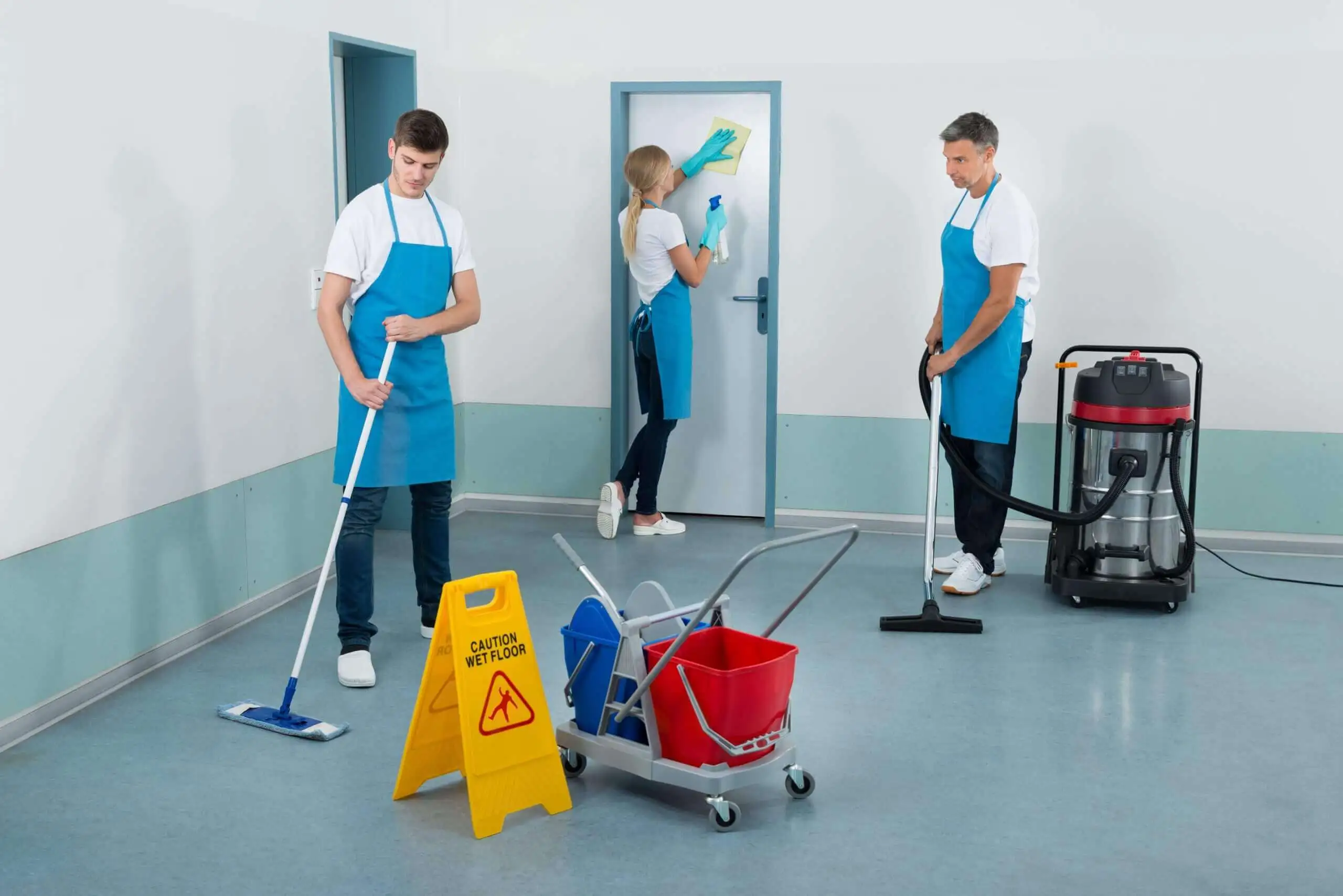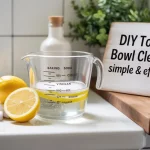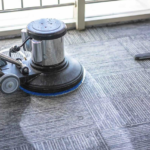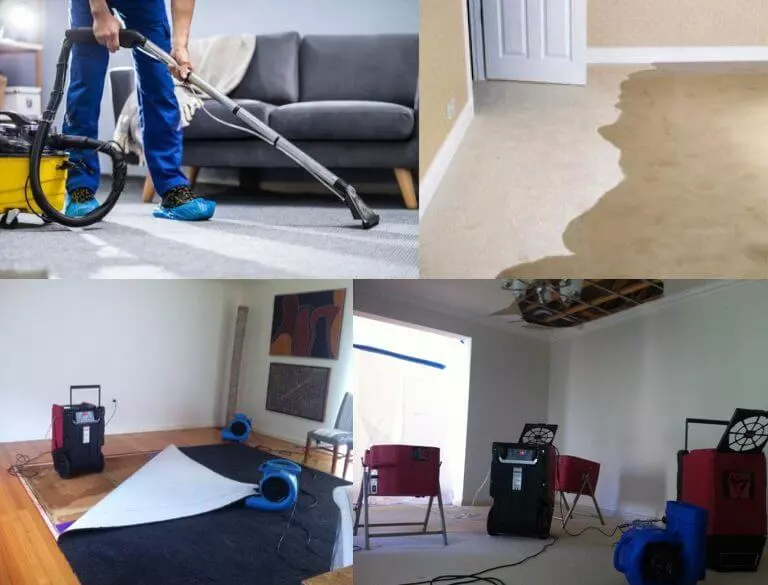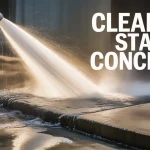Keeping a hot tub in perfect condition requires more than balancing chemicals and covering it when not in use. One of the most overlooked tasks is cleaning the filters. A dirty filter not only reduces water clarity but also shortens the lifespan of your entire spa system. Using the right hot tub filter cleaner can make a big difference in maintaining efficiency, saving money, and preventing costly repairs.
In this guide, you’ll learn why filter maintenance matters, how professional products compare to DIY solutions, and the best practices for keeping your spa fresh and safe.
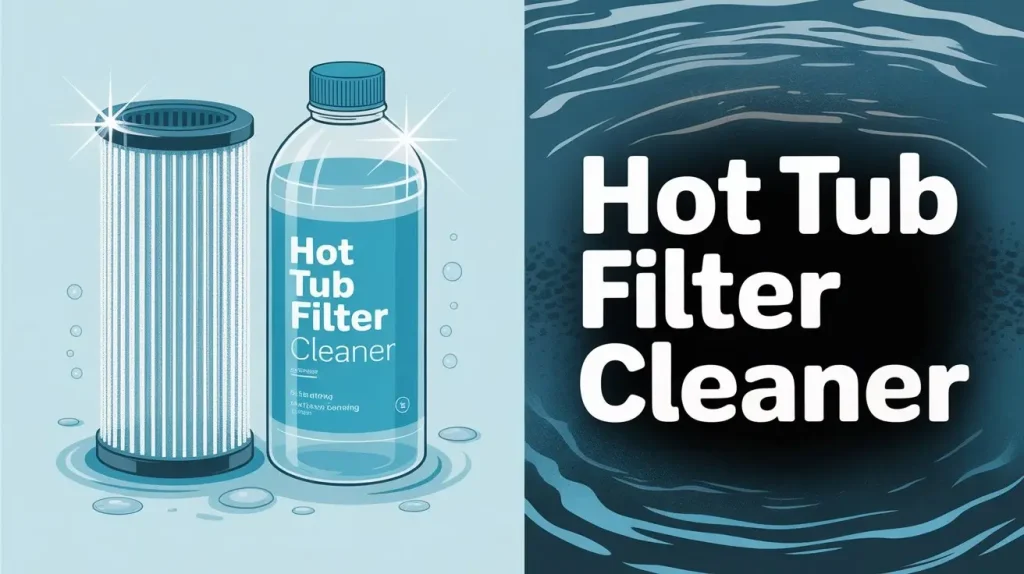
Content
Why Hot Tub Filters Matter for Clean Water
Hot tub filters are the first line of defense against dirt, body oils, lotions, and environmental debris. Without proper cleaning, these contaminants build up quickly. Clogged filters strain the pump and heater, leading to reduced performance and even premature breakdowns.
According to industry experts, a well-maintained filter can last 12–24 months, while a neglected one may fail in just a few months. This highlights why investing in filter care is so important.
Benefits of Hot Tub Filter Cleaner for Long-Lasting Filters
A dedicated filter cleaner goes beyond rinsing with a garden hose. While water removes loose debris, cleaners break down oils, minerals, and scale that stick deep within the pleats. Over time, these residues harden and block water flow.
Regular use of a quality hot tub filter cleaner restores filtration efficiency. It also helps extend the lifespan of the filter, pump, and heater by reducing unnecessary stress on the system.
Types of Hot Tub Filter Cleaners
Cartridge Filter Cleaners
Cartridge-style filters are the most common in modern spas. For these, spray-on cleaners or soaking solutions work best. They remove grease, oils, and calcium deposits that a quick rinse cannot.
Sand and DE Filters
Though less common in hot tubs, sand and DE (diatomaceous earth) filters also require periodic deep cleaning. Backwashing combined with a cleaner prevents clogs and maintains water clarity.
Eco-Friendly Options
For homeowners looking for greener choices, vinegar-based solutions or biodegradable products can be used for pool filter cleaning. These options are safe for both users and the environment, although they may need to be applied more often.
How Often Should You Use a Filter Cleaner?
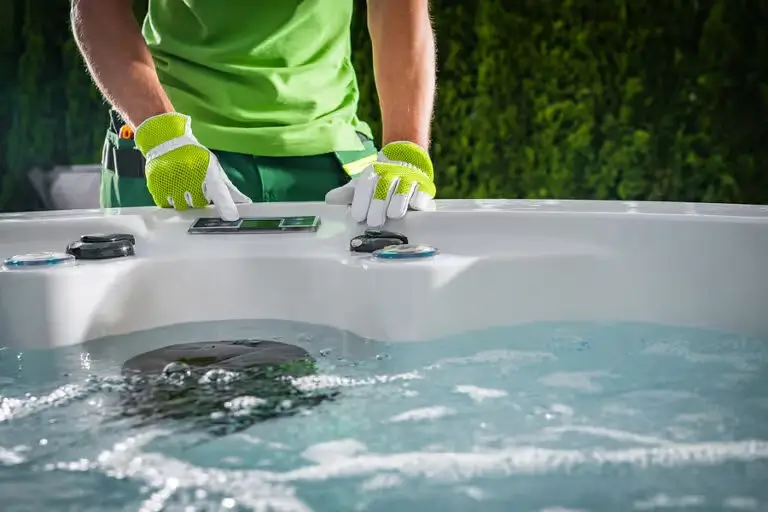
The frequency depends on usage:
- Light use (1–2 times weekly): Clean once a month.
- Moderate use (3–4 times weekly): Clean every 2–3 weeks.
- Heavy use or large families: Weekly cleaning is recommended.
Industry research shows that regular cleaning extends filter lifespan by up to 50%, saving replacement costs over time.
Step-by-Step Guide: Using a Hot Tub Filter Cleaner
- Turn off the spa system for safety.
- Remove the filter carefully from the housing.
- Rinse with a hose to eliminate loose dirt.
- Apply filter cleaner spray or soak overnight in a cleaning solution.
- Rinse thoroughly until no residue remains.
- Dry the filter before reinserting it.
This simple routine ensures filters work at maximum efficiency and prevents strain on your spa equipment.
Benefits of Regular Filter Cleaning
Improves Water Quality
A clean filter means clear, sparkling water free of cloudy buildup and odors.
Saves Money on Repairs
Clogged filters force pumps and heaters to work harder. Regular cleaning reduces energy use and lowers repair risks.
Extends Filter Lifespan
Instead of replacing filters every few months, proper care can keep them functional for up to two years.
Enhances Overall Spa Experience
Clean water feels softer on the skin, reduces irritation, and keeps your spa inviting year-round.
DIY vs. Professional Filter Cleaning
- DIY Cleaning: Affordable, easy, and effective for routine maintenance.
- Professional Service: Technicians use high-grade solutions and inspect for early wear. Costs range from $60–$120 per cleaning.
Most homeowners find DIY cleaning with store-bought solutions sufficient, but scheduling a professional check once a year offers extra peace of mind.
Common Mistakes to Avoid
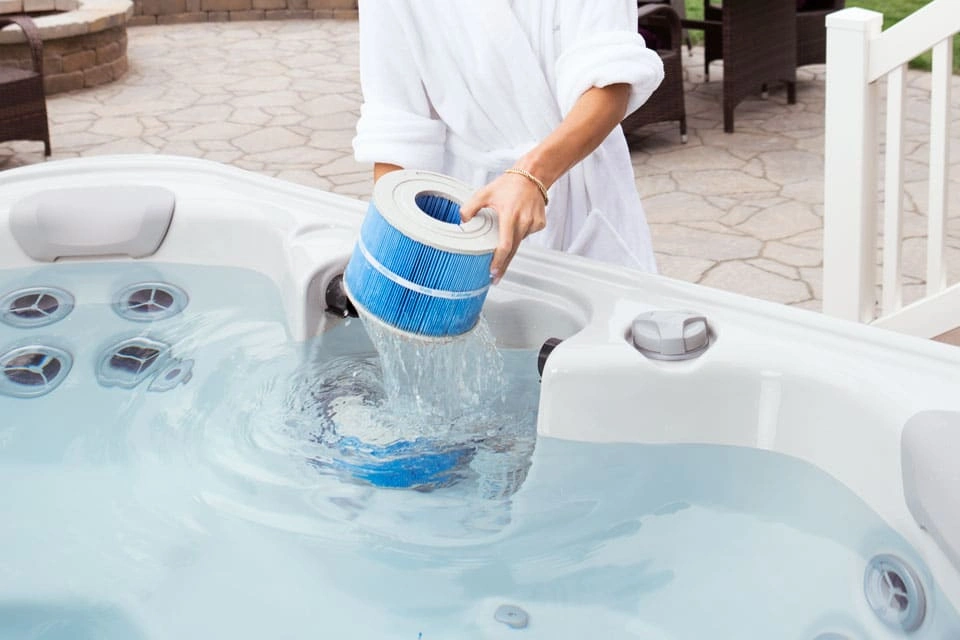
- Using harsh chemicals: Bleach or household cleaners damage filter fibers.
- Not rinsing thoroughly: Residue left behind can foam or irritate skin.
- Skipping regular cleaning: Waiting until water turns cloudy shortens filter life.
By avoiding these mistakes, you’ll protect your spa system and ensure long-term savings.
Conclusion:
A hot tub is more than a luxury—it’s an investment in relaxation and wellness. Using a hot tub filter cleaner regularly is the key to protecting that investment. The right hot tub filter cleaner helps extend filter lifespan, keeps water crystal clear, reduces energy use, and saves money on replacements. Whether you choose DIY care with a hot tub filter cleaner or schedule professional servicing, consistent use of a hot tub filter cleaner ensures your spa runs smoothly for years.
FAQs About Hot Tub Filter Cleaner:
What is the best thing to clean hot tub filters with?
The best option is a hot tub filter cleaner designed for spa filters. It removes oils, minerals, and debris that water alone cannot.
Is hot tub filter cleaner necessary?
Yes. While rinsing helps, a hot tub filter cleaner is necessary to break down buildup, extend filter life, and keep spa water safe and clear.
Can I use Dawn dish soap to clean my hot tub filter?
No. Dish soap leaves residue that causes foaming and irritates skin. Always use a proper hot tub filter cleaner for safe and effective results.
What ingredients are in hot tub filter cleaners?
Most contain degreasers, surfactants, and descalers. Some eco-friendly hot tub filter cleaners use vinegar or biodegradable compounds instead.

Viola Moore is a dedicated home improvement blog author who has a passion for writing. She enjoys blogging about all sorts of topics, from interior design to landscaping and more! She loves the outdoors and spending time in nature with her family. She also likes to bake in her free time.

